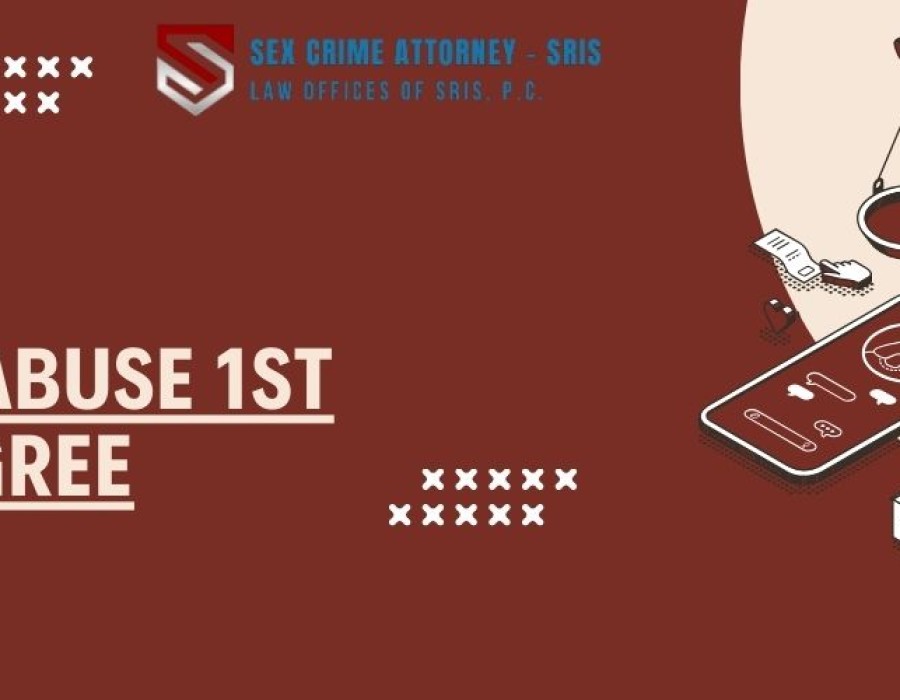Introduction
Carnal abuse in the first degree is a severe criminal offense often associated with sexual assault or abuse, typically involving minors. Defined by state laws, this charge usually applies when an adult engages in sexual acts with an individual below the age of consent, irrespective of whether the minor provided any form of consent. Convictions carry heavy penalties, including lengthy prison sentences, fines, and lifetime registration as a sex offender, which can significantly impact the accused’s future. This article explores the elements that constitute carnal abuse in the first degree, potential consequences, and the role of a strong legal defense.
Understanding Carnal Abuse in the First Degree
Definition and Legal Elements
Carnal abuse in the first degree, while varying slightly by jurisdiction, generally entails sexual activity between an adult and a minor who cannot legally consent to such acts. In most cases, the offense is categorized as a felony due to the presumed exploitation and vulnerability of the victim. A typical statute might define carnal abuse 1st degree in the first degree as sexual intercourse or other forms of sexual contact with a person under a certain age threshold, often around 16 years old, by an individual who is significantly older, typically an adult over 18.
The legal system treats these cases with utmost seriousness due to the inherent imbalance of power, maturity, and consent capacity. Prosecutors must demonstrate specific elements to secure a conviction, including evidence of the act itself, proof of the ages involved, and sometimes a clear indication that coercion or manipulation was employed.
Penalties and Consequences
Convictions for carnal abuse in the first degree often result in lengthy prison sentences, which may extend from a decade to life in some jurisdictions. Sentencing varies depending on state laws, the ages of those involved, and the circumstances of the offense. Besides prison time, those convicted may face substantial fines, probation, and compulsory registration on the sex offender registry. Registration as a sex offender can have lifelong repercussions, restricting where individuals can live, work, and sometimes limiting their internet use or social interactions.
In addition to these legal penalties, a conviction for carnal abuse has severe social and professional consequences. Individuals may experience social stigma, loss of employment, and strained relationships with family and friends, further emphasizing the critical need for a comprehensive defense.
The Role of Legal Representation in Carnal Abuse Cases
Potential Defenses and Legal Strategies
Given the seriousness of a first-degree carnal abuse charge, it is essential for the accused to secure a skilled defense attorney experienced in sex crime cases. A defense attorney may employ several strategies, depending on the case specifics, which can impact the outcome. Common defenses include challenging the age of consent, arguing mistaken age identity if the accused was led to believe the minor was of consenting age, or presenting evidence that disproves the alleged events.
Additionally, legal representation can advocate for the reduction of charges or negotiate plea bargains in certain circumstances. While not always possible, plea bargains can sometimes lessen the severity of penalties, allowing the accused to avoid the most stringent sentences and, in some cases, avoid sex offender registration altogether.
Conclusion
carnal abuse 1st degree is a complex and serious offense with lasting consequences for all involved. Its legal implications are far-reaching, impacting not only the accused’s immediate future but also their long-term personal and professional life. Given the complexity and gravity of these charges, individuals facing such allegations should seek a knowledgeable defense attorney who can provide effective representation, protect their rights, and work toward a fair resolution. Proper legal guidance is essential to navigate the challenging legal landscape surrounding first-degree carnal abuse, ensuring that justice is served fairly and that the accused’s rights are upheld throughout the process.





Comments